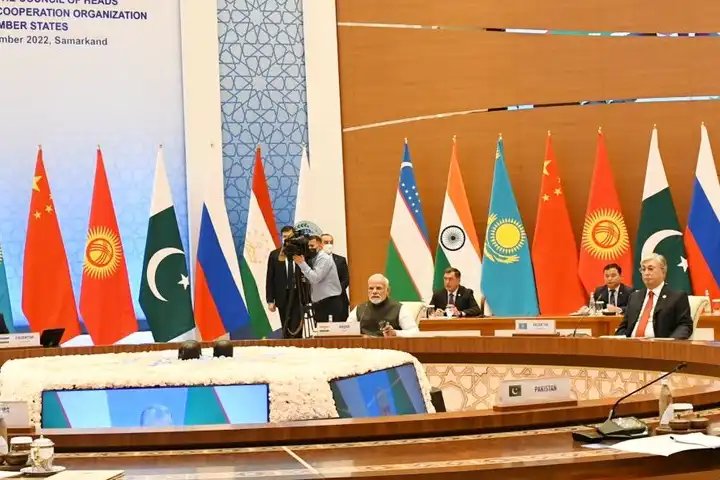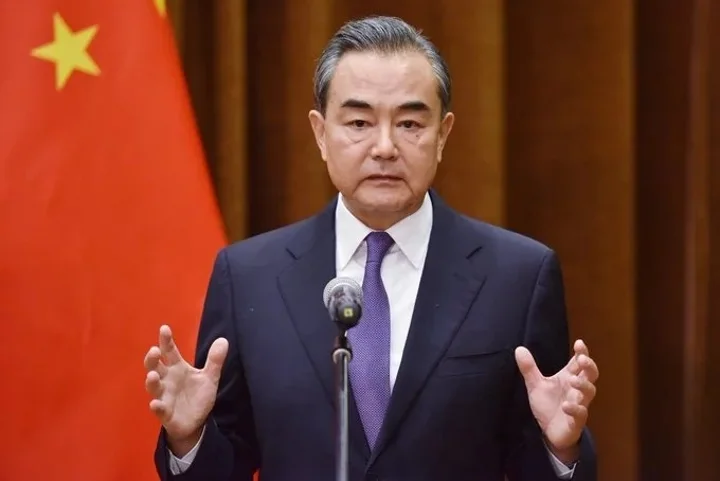Amid the Shanghai Cooperation Organisation’s (SCO) renewed thrust to expand trade, economic, and investment cooperation among the member countries, India’s participation in the forum will be scrutinised with a fine tooth comb. Why? India is the only common member country to be a part of the SCO and the US-driven Indo Pacific Economic Framework (IPEF).
This will be the first major international forum where Prime Minister Narendra Modi and Chinese President Xi Jinping will be present in person right after Indian and Chinese troops completed the disengagement exercise at the Gogra and Hot Springs friction points.
With the rapid geopolitical shifts, it is crucial for countries to boost regional cooperation for economic revival. Given the current contours and the rising tension between the US and China, Beijing, for its own interests, would not want a weak India.
Therefore, China has heaved a sigh of relief after India decided to opt out of the IPEF’s trade pillar.
Beijing based Global Times said that as a major Asian economy, India is inseparable from the Asian supply chain and industrial chain.
“India’s participation will also help the SCO to further expand cooperation in a wide range of areas. Therefore, it is hoped that New Delhi can put aside its geopolitical calculations and resist pressure from Washington and actively promote economic and trade cooperation within the SCO,” it said.
Interestingly, India had also pulled out of the Regional Comprehensive Economic Partnership (RCEP) in 2020.
The SCO members account for about 30 per cent of global GDP (based on purchasing power parity) and almost half the world’s population. Its recent decision to stay out of the IPEF’s trade pillar has been once again hailed by China, which highlighted that India’s foreign policy continues to be driven by strategic autonomy.
“New Delhi has not mixed politics with economics. Pulling out of RCEP, which was touted as a mother of all trade deals, was based purely on economic reasons— it was to protect our manufacturing sector. Similarly, now, the decision not to be part of the IPEF trade pillar is also based on pure economic reasons,” an insider told India Narrative.
India has maintained that it will be guided by its strategic autonomy. Despite building pressure on India from the US and the west to condemn Russia after its Ukraine invasion, New Delhi refrained from calling out Moscow. Not just that. It has also increased its crude imports from Russia.
Why India should be excited about the Samarkand SCO summit Why India should be excited about the Samarkand SCO summit Many policymakers among the SCO member countries are hoping that “India will be more united with other SCO members including China and Russia, and play a more positive role to promote multipolarization of the world together.”
China, Russia, Kazakhstan, Kyrgyzstan and Tajikistan were the first members of the SCO when it was formed in 2001, In 2017, India and Pakistan were included in the SCO forum. Iran is expected to get full membership of the SCO bloc by the next year.
Also read: PM Modi airs 3-point initiative to boost SCO’s collective rise




















